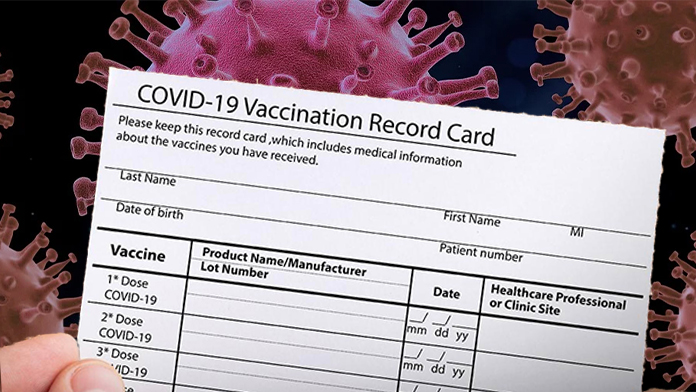
TRENTON – The New Jersey Department of Health issued new guidelines answering the question: Can a job require you to get a vaccine?
The short answer is “yes,” but not in all cases.
First off, the state is not telling employers to enforce vaccines. Employers have a degree of freedom, so long as their practices do not cause the spread of the virus to workers and customers.
There are three ways an employee would not be required: if an employee can’t get the vaccine because of a disability; because their doctor advised them not to because they are pregnant or breastfeeding; or “because of a sincerely held religious belief, practice, or observance.”
The first two points can be proved with documentation. The third will likely cause controversy. Part of the measles outbreak from a few years back was traced to people saying their religion forbade the vaccine. Also, state lawmakers pushed a change for the measles, mumps and rubella vaccine for when children enter school. Parents had declined it for their children on religious grounds. The state argued that there are no religious grounds that forbid vaccines, so they wanted parents to clearly describe the exact religious tenet that vaccines would violate. That is probably why the language is “a sincerely held religious belief.”
So, that part covers a worker’s responsibility: either get the vaccine or provide a legitimate reason.
The job has responsibilities as well. The employer has to “provide a reasonable accommodation from their mandatory vaccine policy, unless doing so would impose an undue burden on their operations.” These go into more detail than can be explained in one article without falling into pages and pages of legalese. You should do your own research on how your own business would be impacted.
“An employer must base its decisions regarding any potential safety hazard on objective, scientific evidence, including evidence reflected in policies and guidance from federal, state, and local authorities (including the CDC), and not on unfounded assumptions or stereotypes,” the state said.
The safety of every worker must be considered, as well as the safety of clients and customers.
Reasonable accommodations include such things as allowing the employee to work remotely, for example. The job should provide personal protective equipment.
However, if there is no reasonable accommodation that can be done, then the employer can exclude unvaccinated employees from the physical workplace, even if they are unvaccinated due to one of the three reasons listed above.
The state did mention that an employer can’t just discipline any employee if they cannot get vaccinated. There are other laws and regulations in place that protect that.
Unionized workplaces have other regulations and they might be able to negotiate en masse.
These regulations will be enforced by the U.S. Equal Employment Opportunity Commission and the New Jersey Division on Civil Rights.






